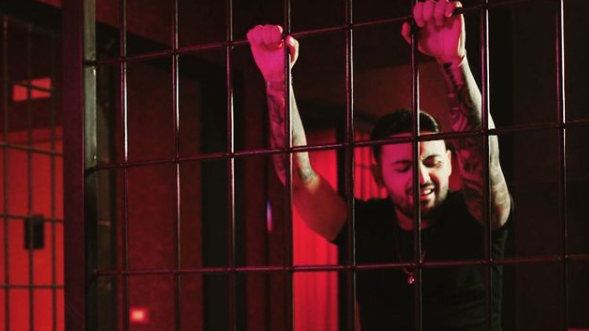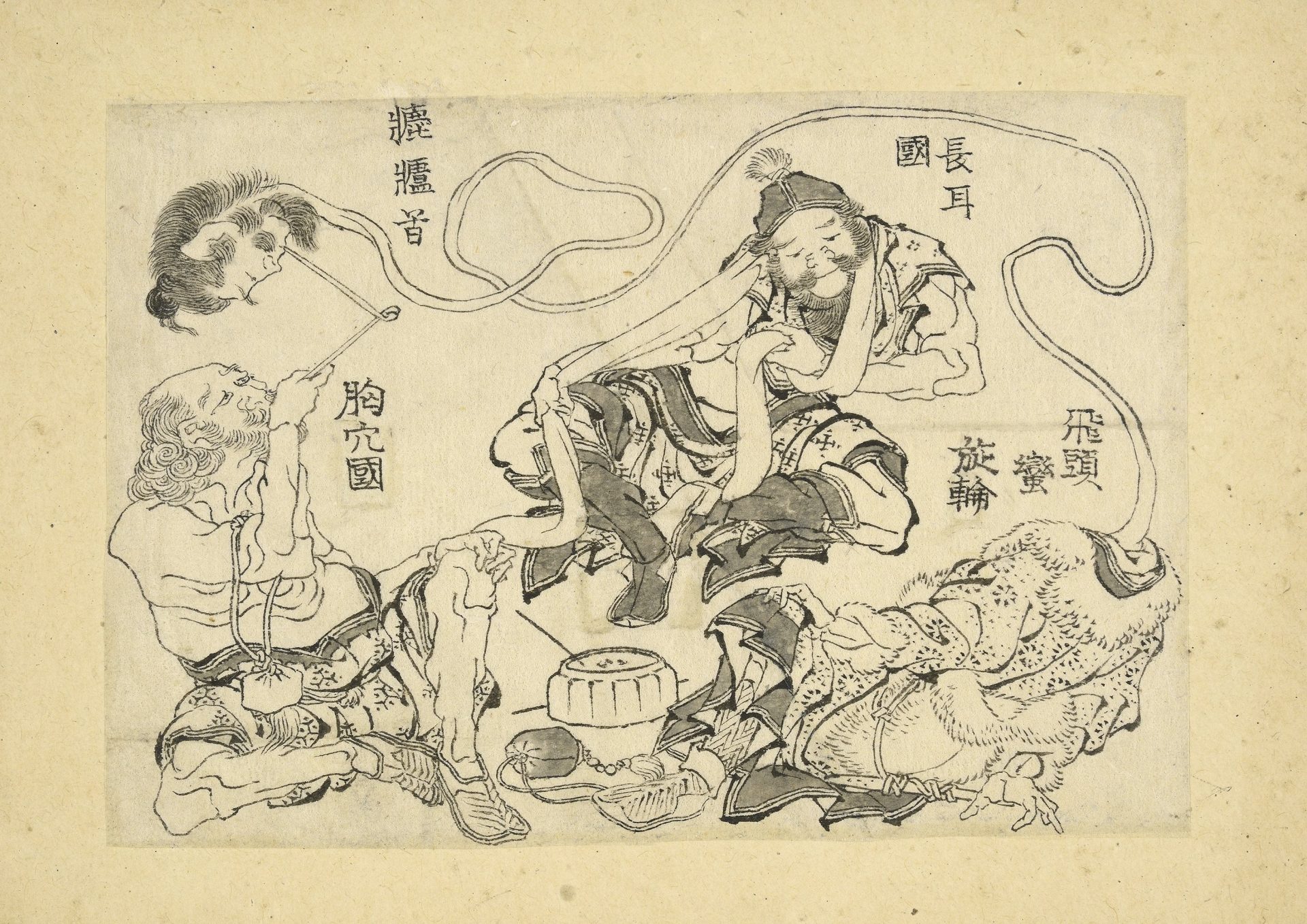Music likes a moral outrage. Whether the 1980s heavy metal ‘Satanic panic’, Al Gore’s wife Tipper founding the Parents Music Resource Center in response to Prince’s fruity lyrics, or gangster rap, controversy usually means there’s no such thing as bad publicity.
Now, the Italian authorities are fighting a battle against a musical genre seen as synonymous with the mafia, with the Palermo police recently singling out one artist as “endangering public health, safety and tranquillity” with his songs.
Daniele De Martino, a 26-year-old with masculinely rugged looks but with carefully plucked eyebrows, a perfect tan and flashy jewellery, displays the typical style of the purveyors of ‘musica neomelodica’. Originating in Naples and making heavy use of local dialects, this is a genre which, like the parallel Calabrian folk music tradition of il canto di Malavita, often melodramatically idolises mafiosi as modern folk heroes. It is here that De Martino has come unstuck.
His 2016 song U’spara spara was dedicated to Gaetano Castiglione, an armed robber who had just been handed a 10-year jail sentence (spara means ‘shoot’). De Martino calls Castiglione “a real man that I hold in my heart” in the song (a respect that often tips over into passionate bromance is deeply embedded in neomelodic culture).
Then, in May this year, De Martino’s Si nu Pentito epitomised another well-established lyrical theme in the genre, the treachery of the pentiti – those who work with state prosecutors against the mafia. “You’re a turncoat, you have betrayed us, you are worth nothing,” De Martino sang.
Such sentiments have been landing De Martino in hot water for years. Senior Palermo police official Rodolfo Ruperti responded to U’spara spara by saying “there is a risk that certain criminals will become a myth for the younger generation”, and in 2019 De Martino was banned from performing during the feast day celebrations for the Madonna del Ponte in Partinico, Sicily, the town that is the focus of Netflix’s current hit show Vendetta: Truth, Lies and the Mafia.
This year, De Martino has become embroiled in yet more controversy. In April he was riding high, appearing on prime time TV show Felicissima sera, but the following month La Repubblica journalist Salvo Palazzolo, the target of threats last year after writing an article about mafia exploitation of the Covid crisis, published a story about De Martino visiting the home of the young boss of the Ingarao family. De Martino denied the visit had taken place and railed against journalists who he called “rotten inside”.
Then, in June, De Martino was given his official warning by Palermo police after posting a picture on Facebook of him kissing the recently released alleged Cosa Nostra boss Francolino Spadaro on the cheek.
In fact, the Palazzolo and Spadaro episodes were linked, the former having carried out investigations against the Spadaro family, whose head Tommaso, died in 2019 while serving a 30-year sentence for the murder of a police officer. Si nu Pentito, meanwhile, has been interpreted as being aimed at the pentito who landed Francolino Spadaro and his brother Nino in prison – their former brother-in-law.
Then, just last month, police in Rome urged officials in the Ostia beach district of the city, which has suffered many mob-related problems, to halt a free concert De Martino was staging there. Days before that concert was to take place, Catania’s Niko Pandetta – a musical artist known for his facial tattoos and for accessorising with thick gold chains, guns and wads of money – saw his concert at the same venue stopped by the local authorities.
Pandetta’s infamy began with Dedicata a te (2016), a song for his uncle, mafia boss Salvatore Cappello, who has been in prison since 1992 after years of bloodshed during the Cappello clan’s bloody feud with the local Laudani clan. Despite recently disavowing Dedicata a te, Pandetta is still labelled a danger and for him, unlike De Martino, it’s proving a problem for his career.
Indeed, unlike some artists who have profited from being the focus of moral panic, some neomelodic artists have found controversy a curse. Mafia violence remains a very present and real part of Italian society in many parts of the country and a cause of huge public concern. The June release of Giovanni Falcone’s killer, the Cosa Nostra’s Giovanni Brusca, caused public uproar and served as a reminder of the horrors perpetrated by mafiosi – he had been convicted of more than 100 murders, including that of the 11-year-old son of a pentito.
Musica neomelodica now faces the prospect of legal censorship. In May the Anti-Mafia Parliamentary Commission proposed a bill which would potentially censure those who glamourise the mafia. This could see artists issued with 10,000 euro fines. But since music is always a reflection of society, as long as the mafia’s shadows falls over Italian life, it seems unlikely these songs can be snuffed out.




